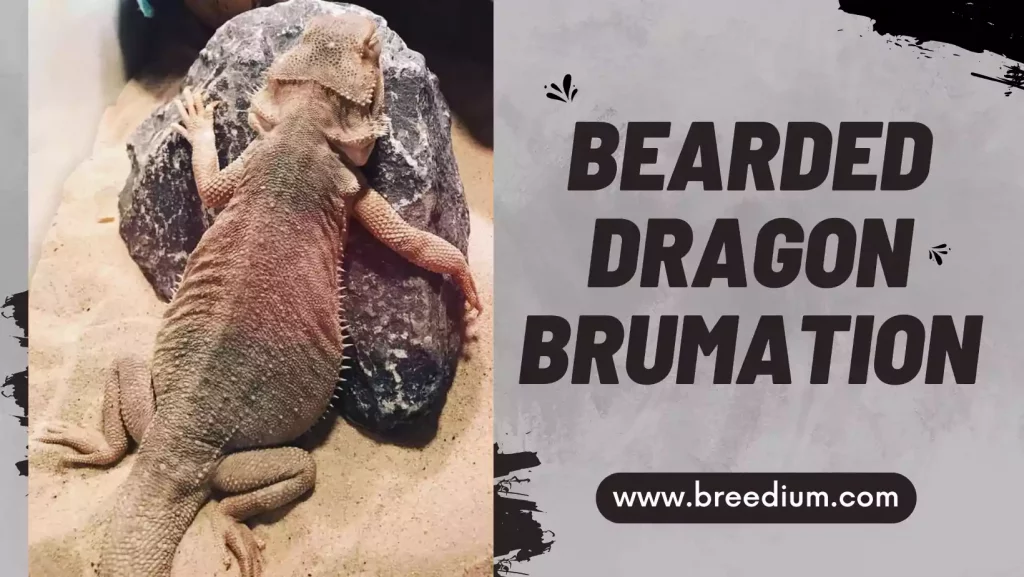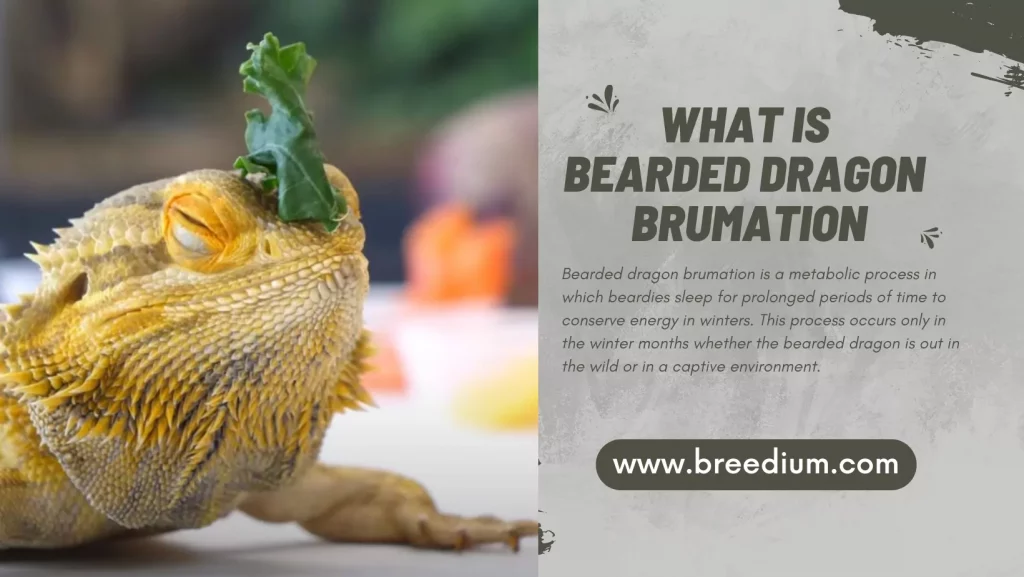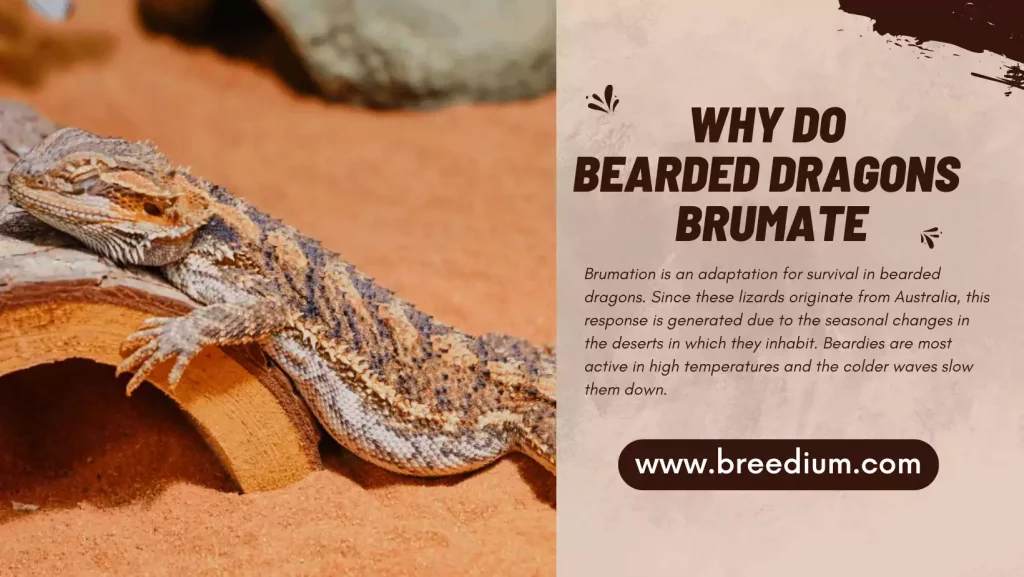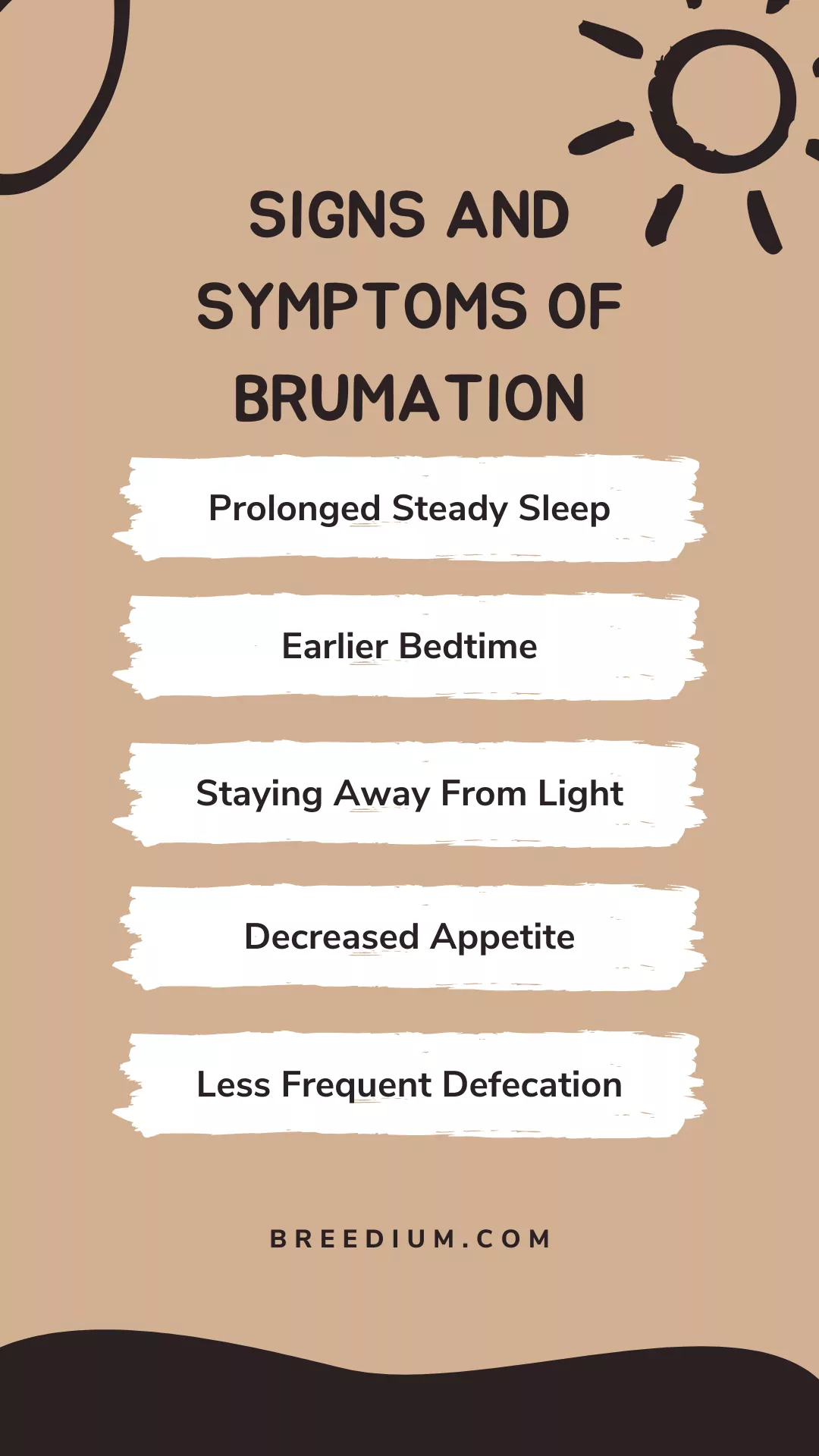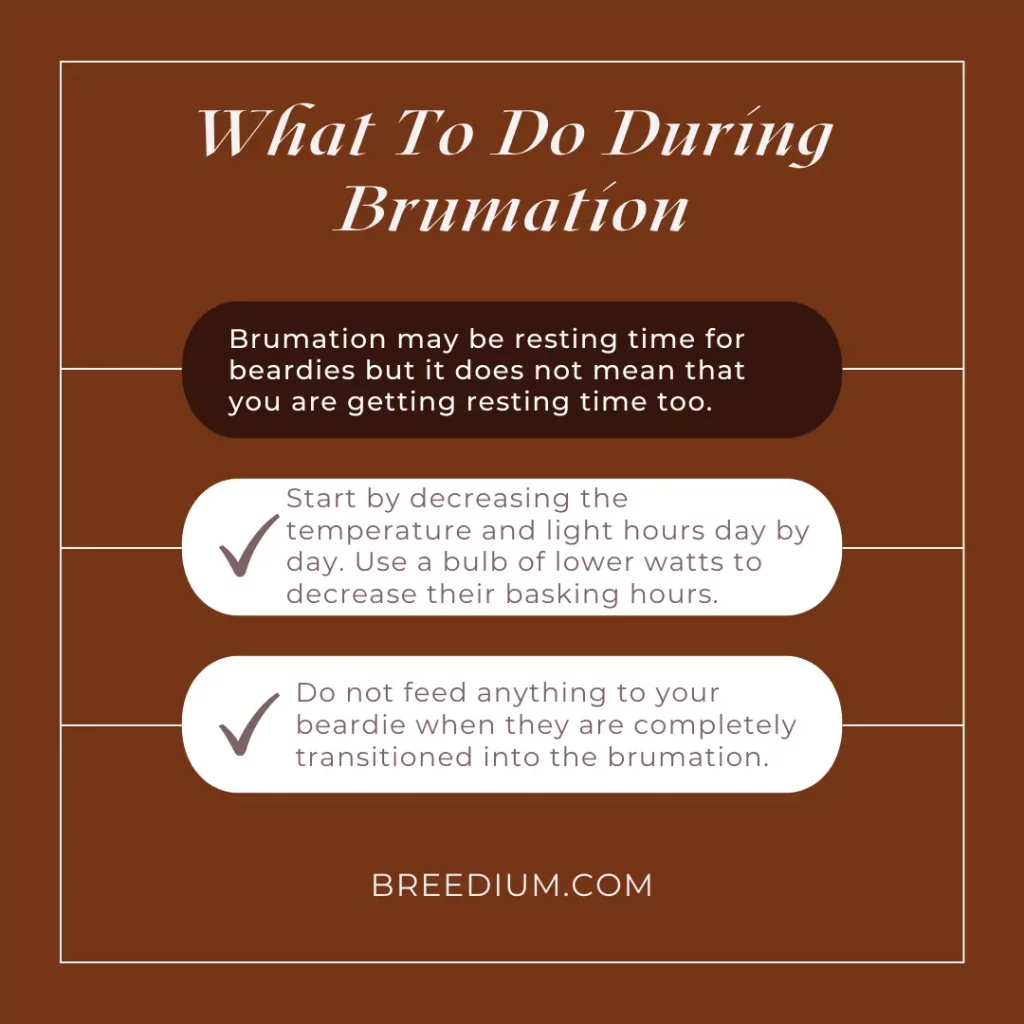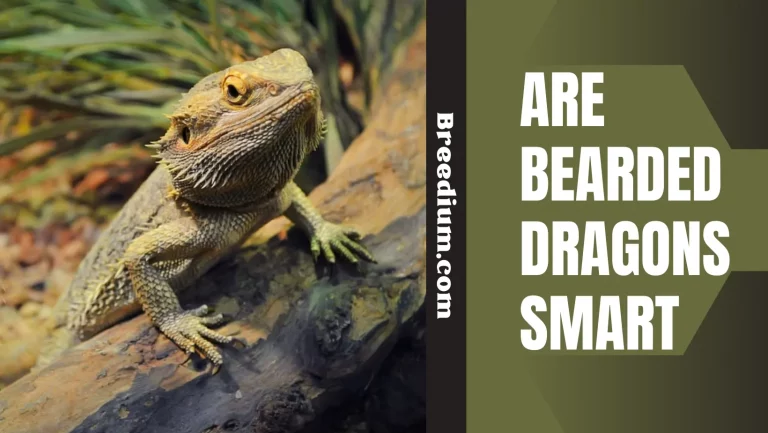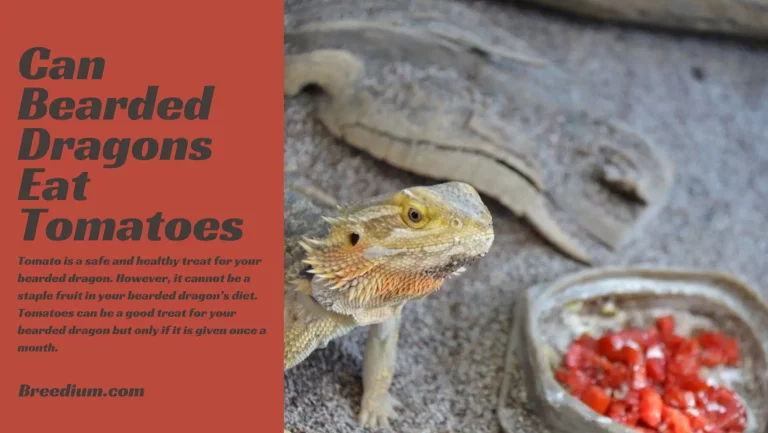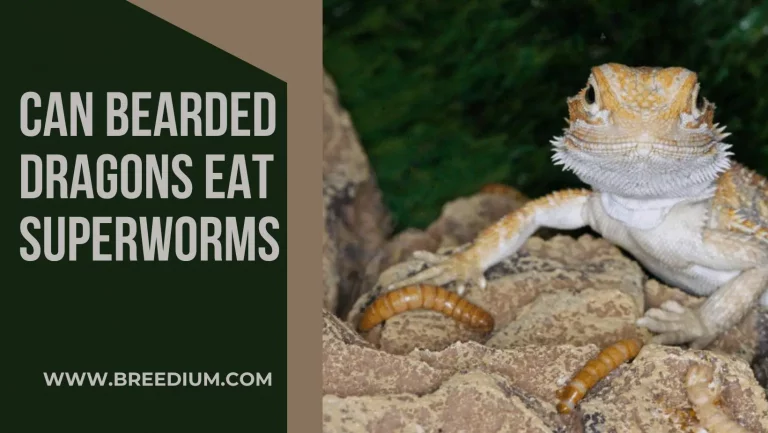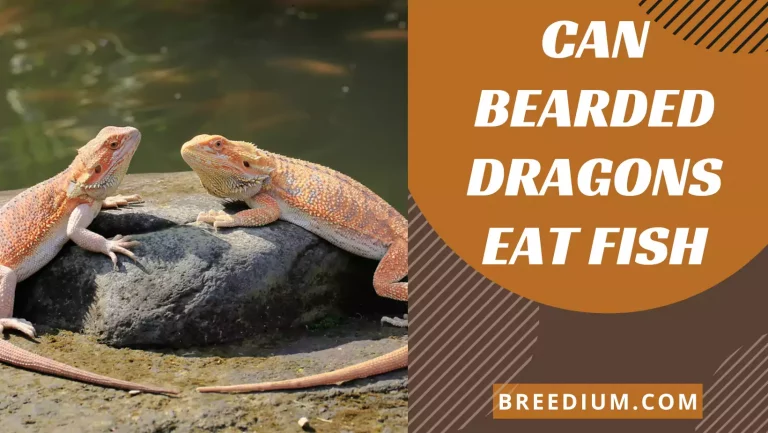Bearded Dragon Brumation | Understanding Reptile Hibernation 2024
As keen learners and proud owners of bearded dragons, you must know everything about your bearded dragon. Its diet, its habitat, its growth, and most importantly its brumation. Bearded dragon brumation is one of the fascinating processes that beardies go through. Every beardie goes through brumation and so every owner must know how to deal with it too. Let us enlighten you more about this and answer all your questions regarding bearded dragon brumation.
What Is Bearded Dragon Brumation
Have you heard of hibernation? Well, brumation is just the equivalent of it, except that brumation is the term used for reptiles specifically. Bearded dragon brumation is a metabolic process in which beardies sleep for prolonged periods of time to conserve energy in winter. This process occurs only in the winter months whether the bearded dragon is out in the wild or in a captive environment.
Brumation has helped cold-blooded creatures for thousands of years to survive in the wild. For decades, the predecessors of lizards have been using this behavior to survive the cold temperatures in the short daylight hours and lack of food in winter. The metabolism of the beardie slows down during this process and the fat stores in the body are used up. The bearded dragons burrow a hole in the ground and dig inside to sleep through the harsh time of the year.
Why Do Bearded Dragons Brumate
Brumation is an adaptation for survival in bearded dragons. Since these lizards originate from Australia, this response is generated due to the seasonal changes in the deserts in which they inhabit. Beardies are most active in high temperatures and the colder waves slow them down. In addition, for decades they have been facing food scarcity in the deserts as there is no vegetation in the colder months and so the insects die of starvation.
As a result, there are neither insects nor any greens for beardies to eat. Therefore, bearded dragons have brumation embedded in their survival instincts. However, the timing of the winter months differs for different species of beardies as they are coming from different parts of the huge continent. Therefore, don’t be worried if your beardie does not brumate when you expect it to. It might brumate a little late according to its biological rhythm. Furthermore, you can find out Why Do Bearded Dragons Close Their Eyes during brumation.
Signs And Symptoms Of Brumation Bearded Dragon
Being aware of the signs and symptoms of bearded dragon brumation greatly helps dragon owners to prepare themselves for the upcoming changes. It will save you from the confusion between any illness or brumation.
1. Prolonged Steady Sleep
You will see that your beardie is sleeping for more hours than usual. It will not wake up earlier anymore and spend most of the time in the burrowed hole to sleep.
2. Earlier Bedtime
You will see that the biological clock has changed for your pet and he is ready for sleep far too early than its actual bedtime. If you observe closely, the bedtime will be pushed earlier and earlier as the brumation starts.
3. Staying Away From Light
All the metabolic processes work differently during brumation because energy is being conserved as much as the body can. This is one of the reasons that bearded dragons stay in shade during brumation.
4. Decreased Appetite
As the lizard will be spending most of the time sleeping and not moving, it will lose its appetite naturally. Your beardie might skip meals and not be excited to see food anymore. This is just a sign of brumation and nothing to be worried about.
5. Less Frequent Defecation
Naturally, when the beardie is not eating as much, the defecation will decrease drastically. Your pet will hardly defecate, and when it does it will not be as much as the usual mass.
These are all the symptoms of bearded dragon brumation and so it is common for your bearded dragon to have them during its brumation period. However, it is always recommended to take your pet to the reptile vet and get it tested for any parasite illness. As the symptoms of brumation are the same for them.
How Long Does Brumation Last For
Although bearded dragons in captivity are not suffering from lack of food or extreme changes in temperature, brumation has been embedded in their genes. This means bearded dragons in captivity will go through brumation but not as long as they do in the wild. The brumation period for a pet bearded dragon ranges from a few weeks to four months. However, brumation periods are not regular as the environmental factors are different in the enclosure as compared to the wild.
What To Do During Brumation
Brumation may be resting time for beardies but it does not mean that you are getting resting time too. Your pet needs you during this time of the year. Firstly, go for the fecal test of the beardie to be sure of its brumation, then you have to act smartly and play your part to simulate winters and their natural home to make as much resemblance as possible. Check on your pet every day when they are brumating to make sure everything is running smoothly.
1. Light Intensity And Temperatures
Start by decreasing the temperature and light hours day by day. Use a bulb of lower watts to decrease their basking hours. You have to transition from high light intensity and temperatures to lower light intensity and temperatures in a few weeks and then completely switch off the light. You may also cover the enclosure with a cloth to prevent any light from going in.
2. Diet
Do not feed anything to your beardie when they are completely transitioned into the brumation. It is natural for them to completely stay in the borrowed hole for weeks and not eat anything. All you can do is keep a small bowl of water in the enclosure. They may drink a little water when they wake up. Make sure you do not have any food that is not eaten for a long time in the enclosure, as rotten food can be fatal for the beardie’s health.
What To Do After Bearded Dragon Brumation
Once your beardie has started returning to its regular schedule and by that we mean it has stopped sleeping for long hours, you can transition back to high temperatures and an ample amount of light in the enclosure. When the brumation is fading away, and your bearded dragon is waking up earlier again, give it a bath to freshen it up and stimulate it from drinking more water. Start feeding it more food, and give a balanced diet with greens to your beardie for better hydration.
Conclusion
Bearded dragon brumation is a natural behavior in which beardies sleep for long periods to get through the challenging conditions of the winter months. The brumation period can range from a few weeks to 4 months for beardies kept in enclosures. As there are no seasonal changes or food shortages in enclosures, the brumation is shorter for pet dragons. It is the owner’s responsibility to simulate winters in the enclosure by lowering the light intensity and temperatures gradually.
Once the brumation is over, everything should be brought back to normal slowly and gradually, and the beardie should be fed and hydrated well to make it healthy and active again.
Frequently Asked Questions
Do bearded dragons hibernate?
Bearded dragons are reptiles and so they go through brumation which is the reptilian version of hibernation. Bearded dragons go for long sleeping periods in the winter months to conserve energy. They burrow a hole and sleep inside for the entire brumation period which can range from 2 weeks to 4 months in an enclosure.
How old should a bearded dragon be for brumation?
The age for brumation is not fixed and can vary greatly, but the ideal age is at least 10-12 months before entering into brumation. Baby bearded dragons or juveniles must not go into brumation as they need to grow at a very fast rate. Young beardies have to eat a lot more than grown ones and so if you see your baby beardie sleeping too much, see a vet immediately, and prevent it from happening.
Do all bearded dragons brumate?
Brumation is completely different for pet beardies. Some of them might not go into brumation at all. As for the ones who do, the duration varies greatly, it can be for a few weeks or for as long as 4 months. Some might brumate every year and some might brumate once in 2 or 3 years. No one can tell the answer with surety as every beardie and its condition in an enclosure is different.
Can I give a bath to my bearded dragon during brumation?
Yes, a bath really helps beardies during brumation as it hydrates them. You can give a bath every 7 to 10 days for a healthy beardie. Soak them in water to their knees for 20-30 mins under supervision.

Emma is a pet enthusiast, and her way with words makes her an expressive writer. Her interests lie in healthcare and planning nutrition for various pets. She has two girls, and she’s passing her passion to them through occasional volunteer projects in the small neighborhood zoo. Emma joined our team as an enthusiast and has added more years to her experience by researching more about various creatures!

